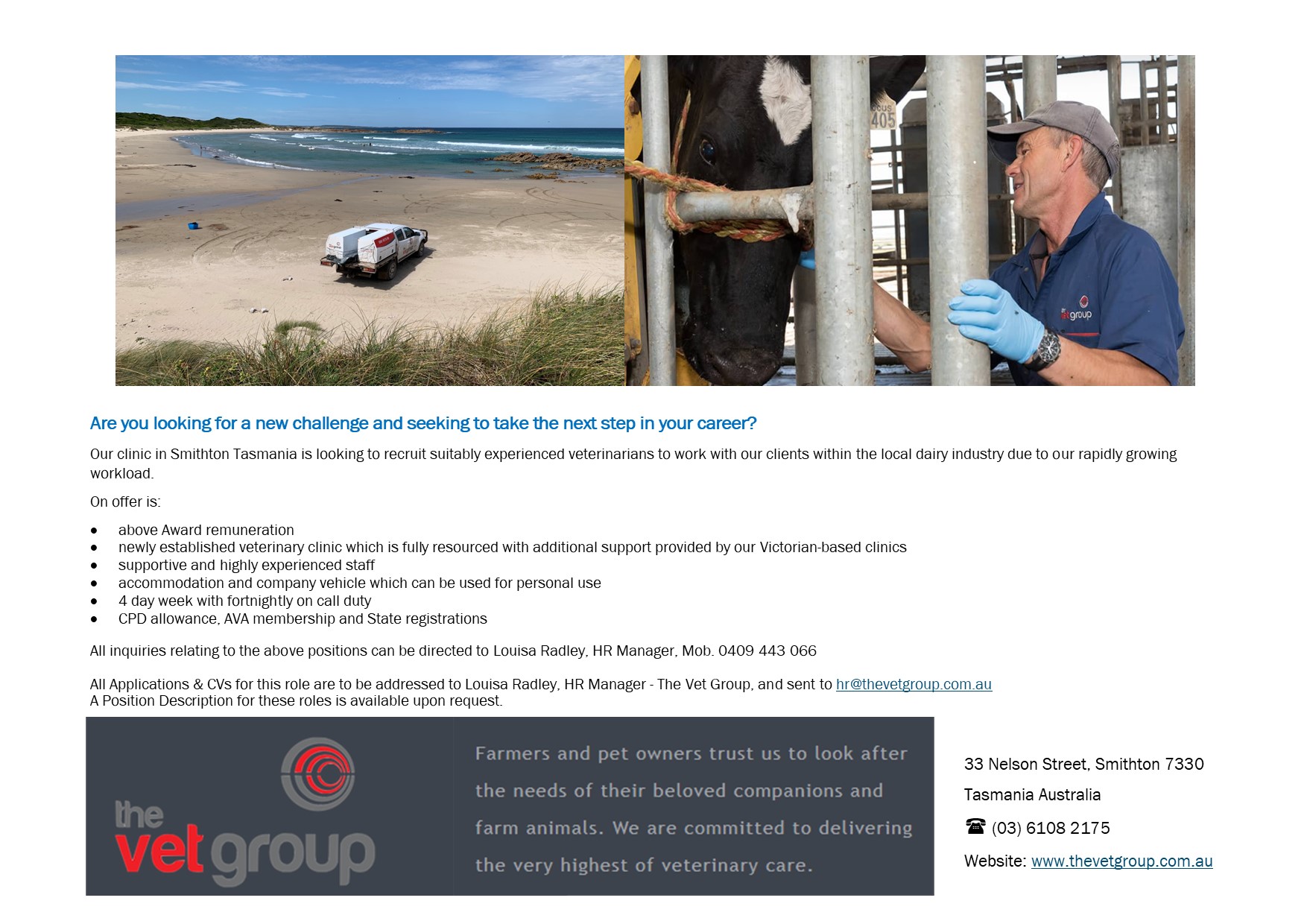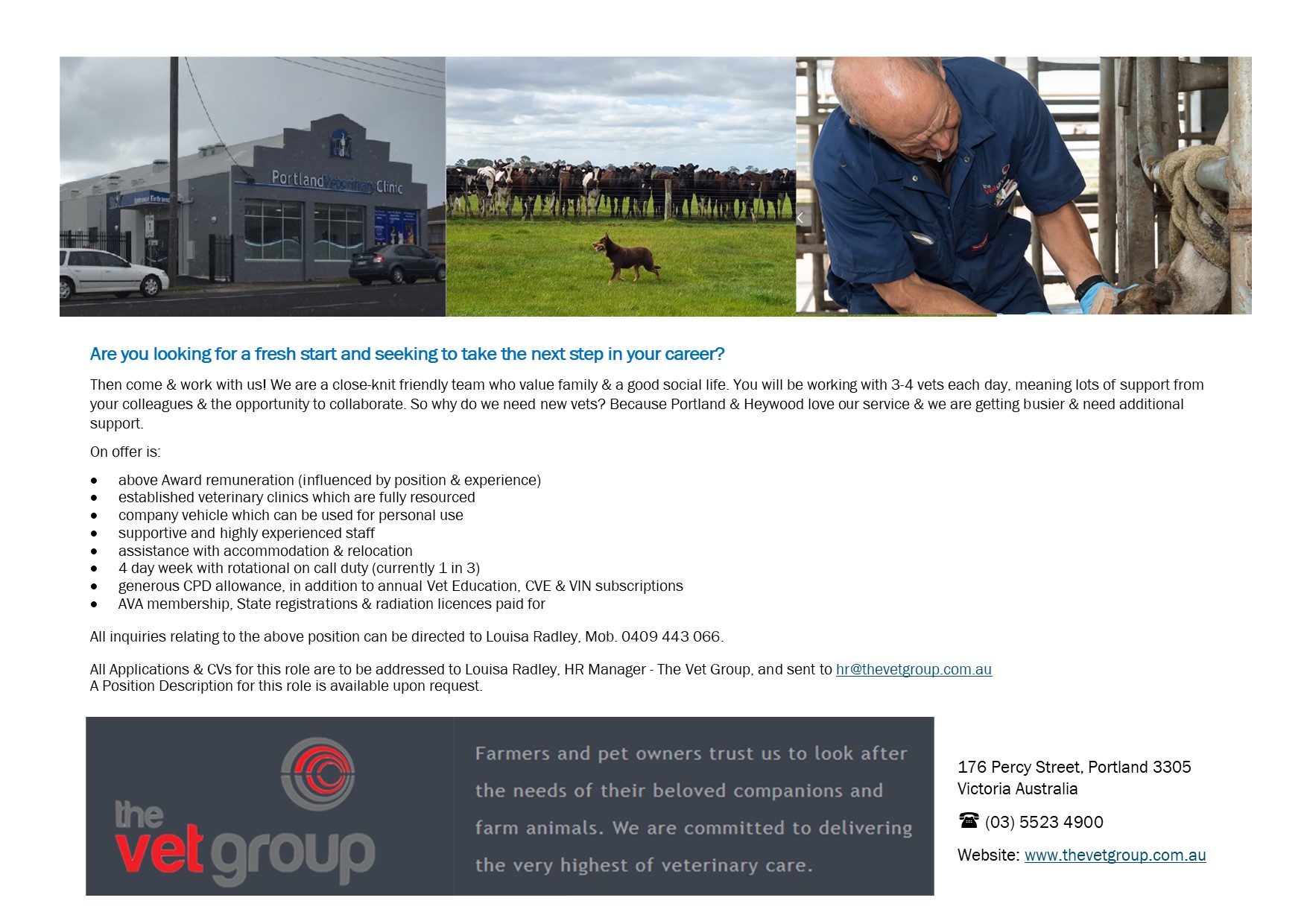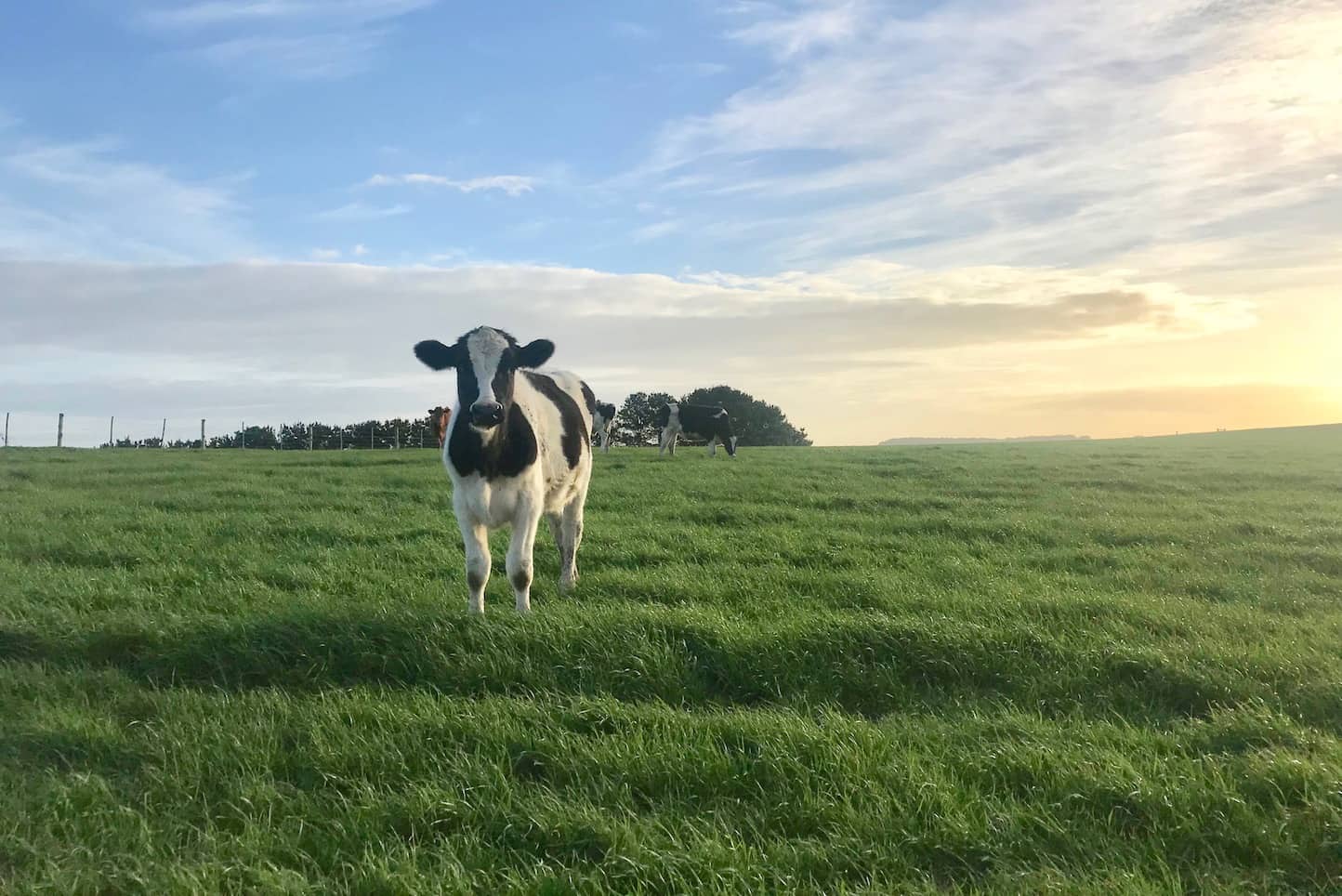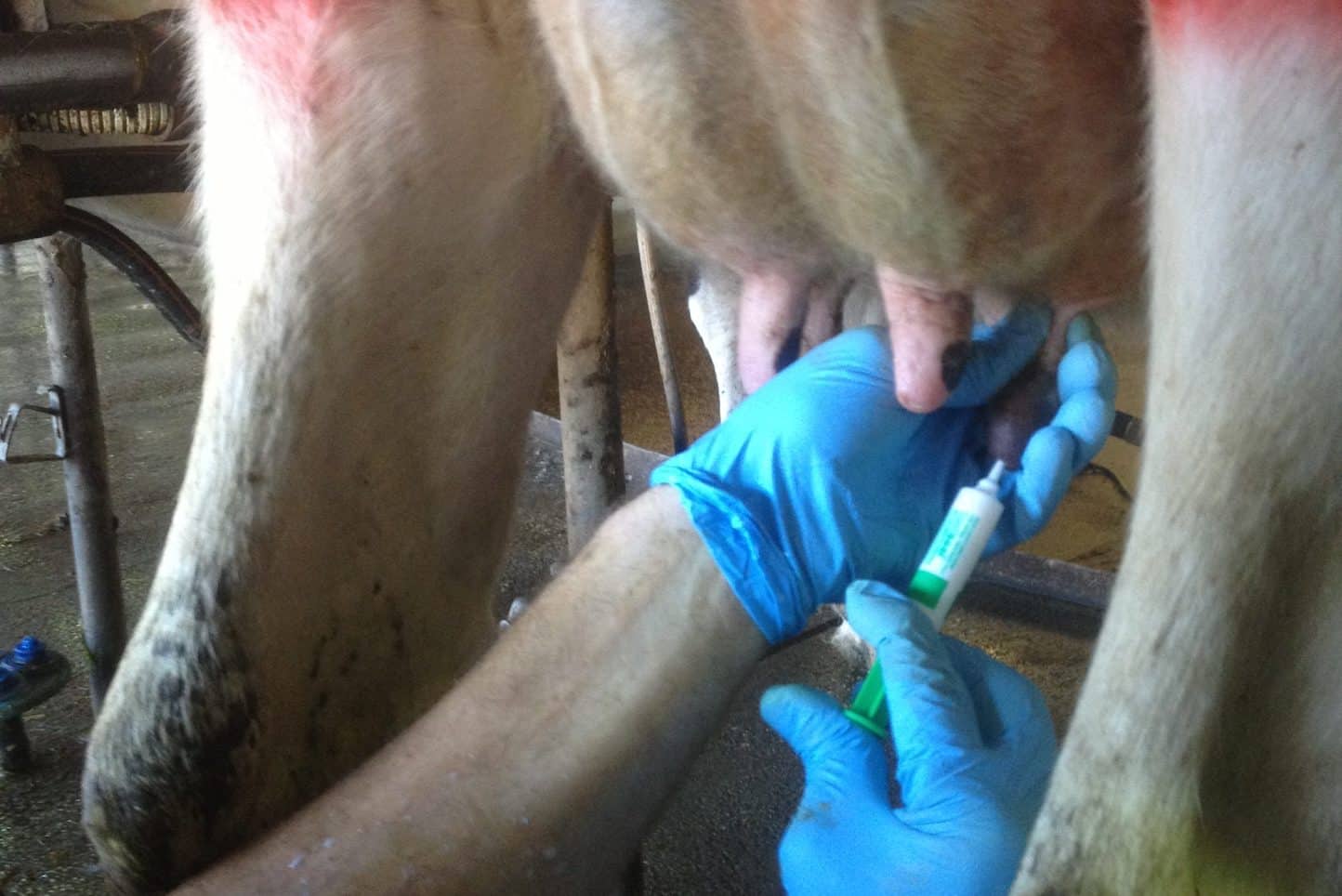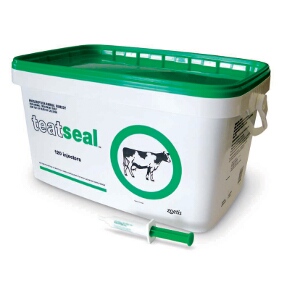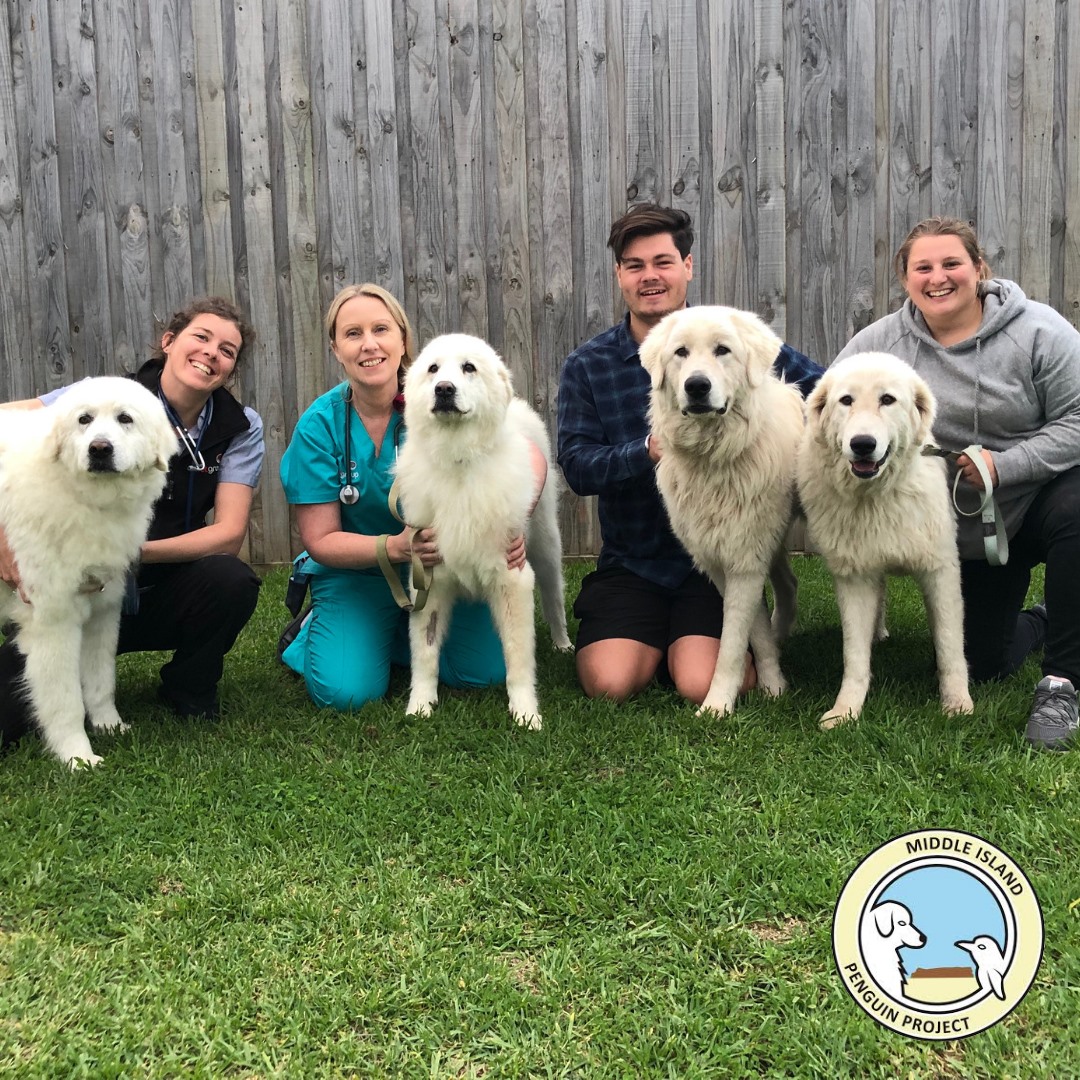
The last few months we have been trialling a new system for milk cultures at the clinic. Compared to other systems we think it offers our farmers great value for money.
How much will it cost?
$23 (inc GST) per sample, regardless of the number submitted. This will be a substantial saving for you, especially when you only have a small number of milk samples that you want tested.
How long will it take?
The system we are using allows identification within 16 to 48 hours, depending on the bacteria involved. This means we can have a result for you the next day in most cases, which is much quicker than the 3–5 days it has taken in the past.
Why should I get milk samples cultured?
There are several reasons for getting mastitis samples cultured:
To keep an idea of what pathogens are causing mastitis in your herd, and monitor if this is changing over time or season.
To identify the causative bacteria if you have a high rate of clinical or subclinical mastitis (see targets below). This helps you to focus on the key risk factors of the problem and allows for targeted prevention.
To allow selective antibiotic treatment at the individual cow level, for example, a cow with a mild case of E. coli might not be treated. In America, more and more farms are using rapid, on-farm culture to inform treatment decisions. This reduces both the use of antibiotics and the time milk is out of the vat due to withholding periods.
If you have any questions about this new culturing service or any questions about your farm’s milk quality, please talk to one of our Farm Services veterinarians.
Targets for milk quality:
- Less than 5% of cows with clinical mastitis in the two weeks after calving.
- Less than 2% of cows with clinical mastitis in any month your farm is not calving.
- Less than 25 cases per 100 cows in a 12-month period.
- Less than 20% of clinical cases that recur or need extended treatment.
- A bulk milk cell count less than 250,000 cells/mL the whole year round.

